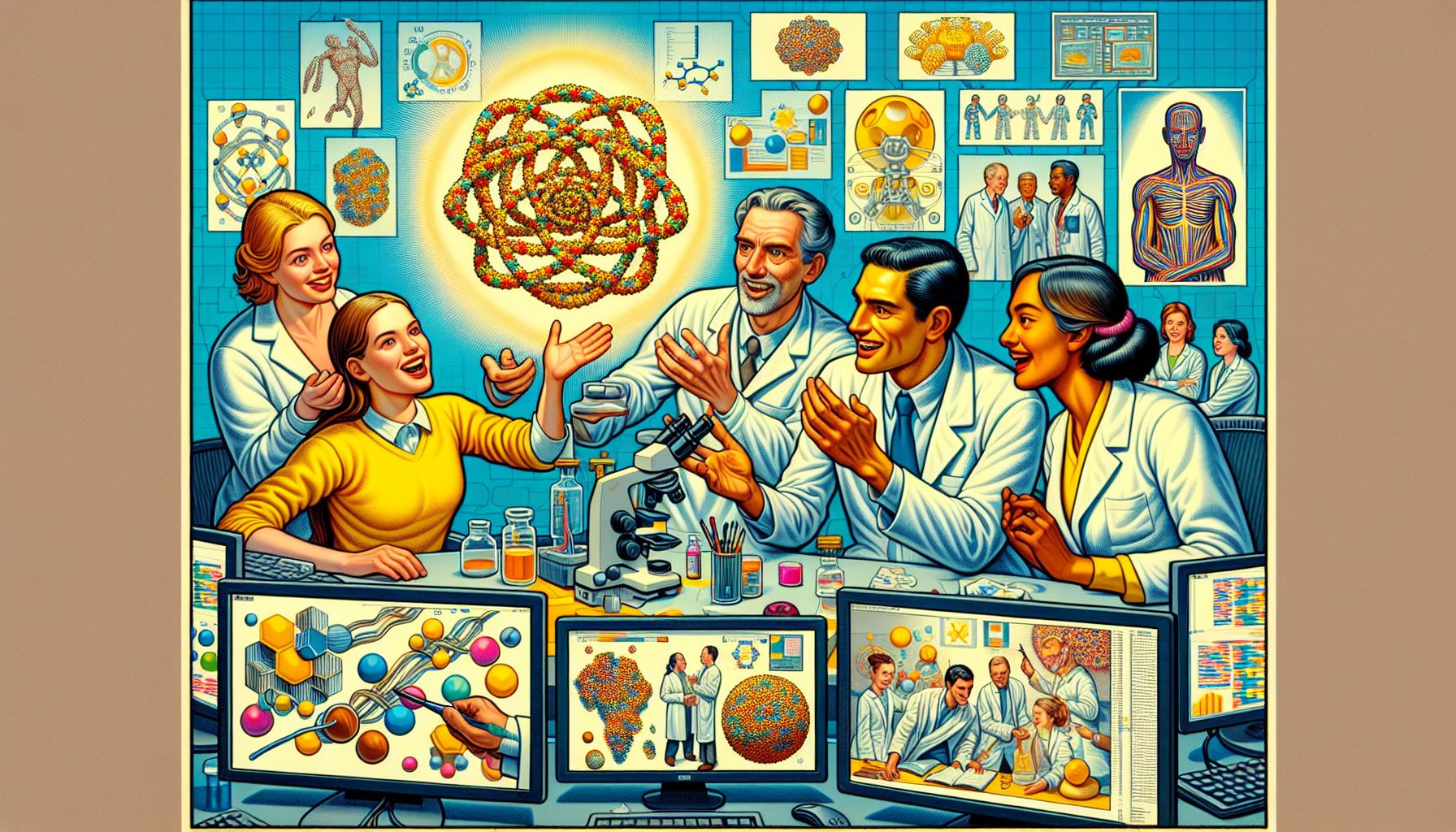Dutch Scientists Receive €40 Million to Create Life from Lifeless Biomolecules

The Dutch Research Council has awarded €40 million to the EVOLF project, a ten-year initiative using AI and lab evolution to build a living synthetic cell from lifeless biomolecules.
The Vision Behind EVOLF
The EVOLF project, titled ‘Evolving life from non-life,’ is a groundbreaking endeavor that aims to answer one of humanity’s oldest questions: What is life? Led by a multidisciplinary team from TU Delft, the project seeks to bridge the gap between non-living molecules and living cells using advanced techniques in artificial intelligence and laboratory evolution. The goal is to construct a synthetic cell that possesses the core properties of life, such as autonomous replication, communication, and evolution.
Collaborative Efforts and Key Players
The consortium behind EVOLF includes top scientists from several prestigious Dutch institutions, including AMOLF, University of Groningen, Radboud University, Wageningen University & Research, Hubrecht Institute, and VU Amsterdam. This collaborative effort brings together experts in biophysics, biochemistry, chemistry, and engineering, as well as philosophers and ethicists to ensure responsible research practices. Key contributors like Kristina Ganzinger, Cees Dekker, and Bert Poolman are pivotal in advancing the project’s ambitious goals.
How It Works: AI and Laboratory Evolution
The innovative approach of EVOLF combines artificial intelligence with laboratory evolution to optimize the networks of biochemical reactions necessary for life. Using AI, the team can efficiently scan and optimize various parameters, accelerating the process of building a synthetic cell. Laboratory evolution techniques will allow the researchers to simulate and select for desirable traits in synthetic biomolecules, fostering the development of a living cell from non-living components.
Potential Benefits and Applications
The implications of successfully creating a synthetic living cell are vast and transformative. In medicine, this could lead to new treatments and regenerative therapies by understanding cellular processes at a fundamental level. In food and agriculture, synthetic cells could be engineered to produce nutrients or protect crops from diseases. Healthtech and biotech industries stand to benefit from the ability to design cells with specific functions, potentially revolutionizing the way we approach health and environmental challenges.
Ethical Considerations and Future Impact
Beyond the scientific and technological challenges, EVOLF also addresses the philosophical and ethical dimensions of creating synthetic life. The project includes collaboration with philosophers and humanities scholars to define what constitutes life and to establish guidelines for the responsible development and use of synthetic organisms. This holistic approach ensures that the research not only pushes the boundaries of science but also considers the broader implications for society.

